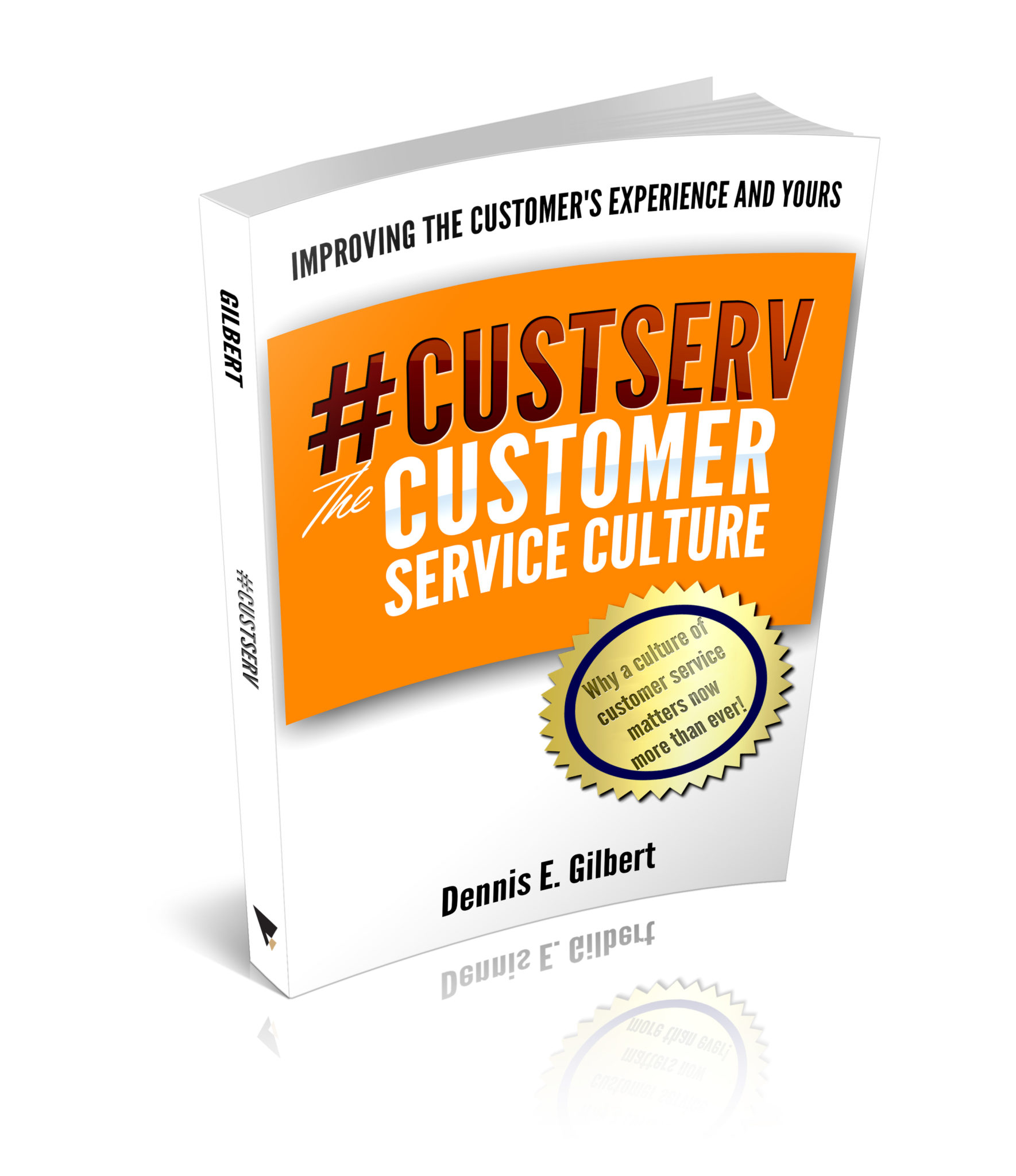
Customer Service Breakthroughs Are Limited By Fear
Often we are told to confront our fears, try something new, something different and to break bad habits or worn out traditions. Could it be true that customer service breakthroughs are limited by fear?
In a service driven economy, the most important cultural value for your organization may be customer service. Many organizations say that they are excellent at this, no need to really change or improve, we’ve got this.
The reality is that the organization never decides about good or bad. They never decide about effectiveness or satisfaction, the customer does.
Best Work
The best organizations do the best work because they care. Not because they say that they care, but because they show that they care. It isn’t really a token, a free item, some coupons, or a survey. It is what the customer feels.
Creating exceptional customer service programs comes with a price. Often organizations know what needs to be done but they are afraid to absorb the cost. There is fear that the cost will not yield the return on investment.
Organizations consider that they could:
- Wash the customer’s car after servicing it, but that costs.
- Gift-wrap special purchases, but that costs.
- Turn up the heat, or turn on the air conditioner, but that costs.
Good Service Costs
The fear in any of these scenarios is that once you start you have to continue. Often there is consideration in doing it for the exception, which seems like a good return on investment.
That is our best customer. Wash her car before she picks it up.
It is the holiday season; ask customers if they want gift-wrapping.
The temperatures are going to be really high today maybe we should run the air conditioner but only during the dinner hour.
Customer Service Breakthroughs
Organizations feel that they care, but when they only care sometimes, the customer often doesn’t share in that feeling. For the organization when it is a one and done, it feels okay, but replicating it over and over again feels like too much risk.
What your organization does next to create a culture of caring will not have much to do with what it knows how to do.
It will have everything to do with what it fears.
– DEG
Dennis E. Gilbert is a business consultant, speaker (CSPTM), and corporate trainer that specializes in helping businesses and individuals accelerate their leadership, their team, and their success. He is a five-time author and some of his work includes, #CustServ The Customer Service Culture, and Forgotten Respect, Navigating A Multigenerational Workforce. Reach him through his website at Dennis-Gilbert.com or by calling +1 646.546.5553.










